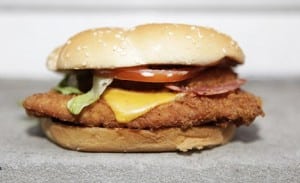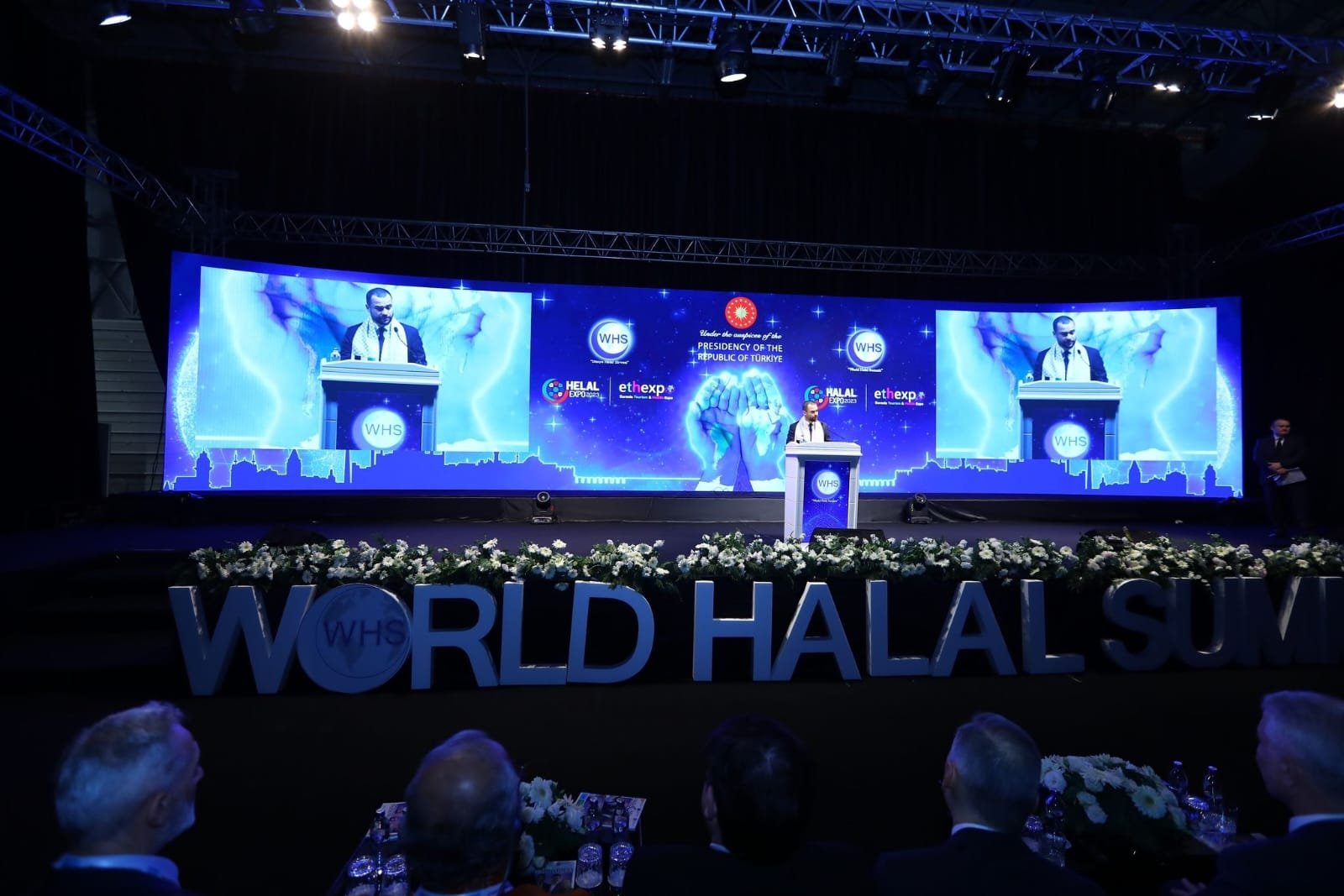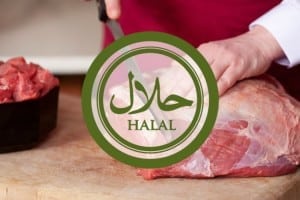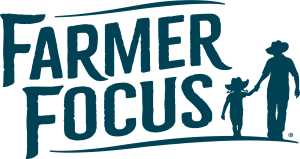U.S. dried distillers grains with solubles (DDGS) are a healthy, cost-effective and culturally appropriate feed ingredient for chickens and others produced in Malaysia, as local nutritionists have learned through outreach from the local U.S. Grains Council (USGC) office.
In 2016, USGC’s Kuala Lumpur office arranged a DDGS roadshow featuring Dr. Park Waldroup, a poultry nutritionist with the University of Arkansas. This effort included travel throughout Southeast Asia to meet with customers in Malaysia, Thailand and Indonesia to discuss DDGS inclusion in poultry diets.
As one of the top five integrated poultry companies in Malaysia, processing 3 million birds a month, KFC Malaysia was a critical stop. However, while discussing the supply and demand status of U.S. DDGS and its effective use with buyers at the company, Waldroup and the USGC team learned of a misunderstanding that was costing U.S. producers market share in Malaysia.
Malaysia is one of the leading chicken-consuming nations in the world per capita. However, more than 60% of Malaysians are Muslim, meaning that the chicken – including the product produced by KFC Malaysia – must comply with Halal dietary requirements. Prior to talking with USGC, KFC Malaysia refrained from using DDGS based on the misunderstanding that DDGS contained alcohol or spirits, which is a violation of Halal requirements.
USGC and Waldroup were able to clear up this confusion during the consultation and follow-up conversations. As a result, KFC Malaysia started testing U.S. DDGS in its poultry feed rations in December 2016. USGC estimates that a 5% inclusion level in KFC’s local rations would increase DDGS usage in Malaysia by approximately 6,000 metric tons.
KFC is not alone. Thanks to a combination of USGC activities and attractive DDGS prices, purchases made by the Malaysian poultry market are driving up U.S. DDGS sales in the 2016-17 marketing year. Malaysia purchased 51,646 metric tons of U.S. DDGS valued at $9.9 million from September 2016 through March 2017, an increase more than 132% from the same time period the prior year and already exceeding overall purchases for the last three marketing years.
The U.S. Department of Agriculture expects this positive trend to continue, stating in a May 4 “Global Agricultural Information Network” report, “The competitive price of DDGS will spur further imports into Malaysia as it is an excellent, nutrient-rich feed ingredient in livestock and poultry feed rations. In 2017-2018, export sales to Malaysia could reach up to 80,000 tons valued at $14 million.”



